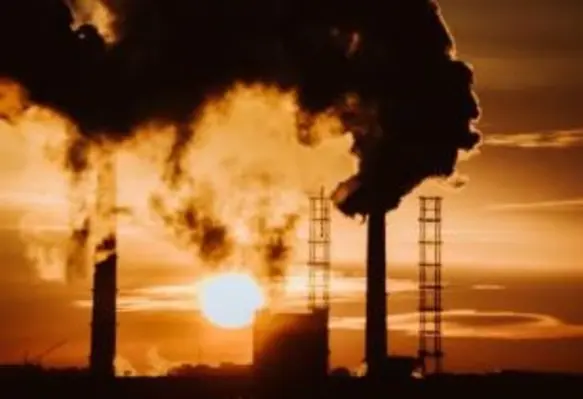An international push is needed to bring down methane emissions from fossil fuel operations – particularly oil and gas – where leaks can often be prevented easily at little or no cost, according to a report by International Energy Agency (IEA)
Climate action cannot focus only on carbon dioxide. Governments and energy companies have major opportunities to reduce methane emissions, which provides the most impactful way to limit near-term climate change.
Methane is responsible for around 30% of the global rise in temperatures to date. Rapid steps to tackle methane emissions from oil, gas and coal operations would have immediate impacts because of the potent effect of methane on global warming and the large scope for cost-effective actions, according to the report, Curtailing methane emissions from fossil fuel operations: Pathways to a 75% cut by 2030.
Fossil fuel operations globally emitted close to 120 million tonnes of methane in 2020, nearly one-third of all methane emissions from human activity. Much of these emissions are simply leakage along the production and supply chain that operators fail to capture or avert. There are cost-effective ways to limit these emissions, especially in the oil and gas sector.
The IEA estimates that more than 70% of current emissions from oil and gas operations are technically feasible to prevent and around 45% could typically be avoided at no net cost because the value of the captured gas is higher than the cost of the abatement measure. This share would be much higher at the moment, given the record highs in natural gas prices.
The report provides crucial insights and guidance for governments, regulators and the energy industry in the lead-up to the COP26 Climate Change Conference and beyond. Building on the estimates of emissions and options for addressing them in the IEA Methane Tracker and Regulatory Roadmap and Toolkit, the report identifies and quantifies a range of measures, including policy and regulatory actions, voluntary industry initiatives, and improvements in emissions measurement and reporting.
“At a time when we are constantly being reminded of the damaging effects of climate change, it is inexcusable that massive amounts of methane continue to be allowed to just seep into the air from fossil fuel operations,’’ said Fatih Birol, the IEA executive director.
The new Global Methane Pledge calls for at least a 30% reduction in global methane emissions from human activity by 2030. If the world achieve the 75% cut in methane from fossil fuel operations as described in the new IEA report, this would lower total human-caused methane emissions by around 25%, and so would go a long way to achieving the aim of the Global Methane Pledge.
Multiple jurisdictions around the world have already employed well-established policy tools, including leak detection and repair requirements, technology standards and a ban on non-emergency flaring and venting. Some countries have included methane alongside other greenhouse gases in their national net zero pledges, while others have made more targeted announcements.










